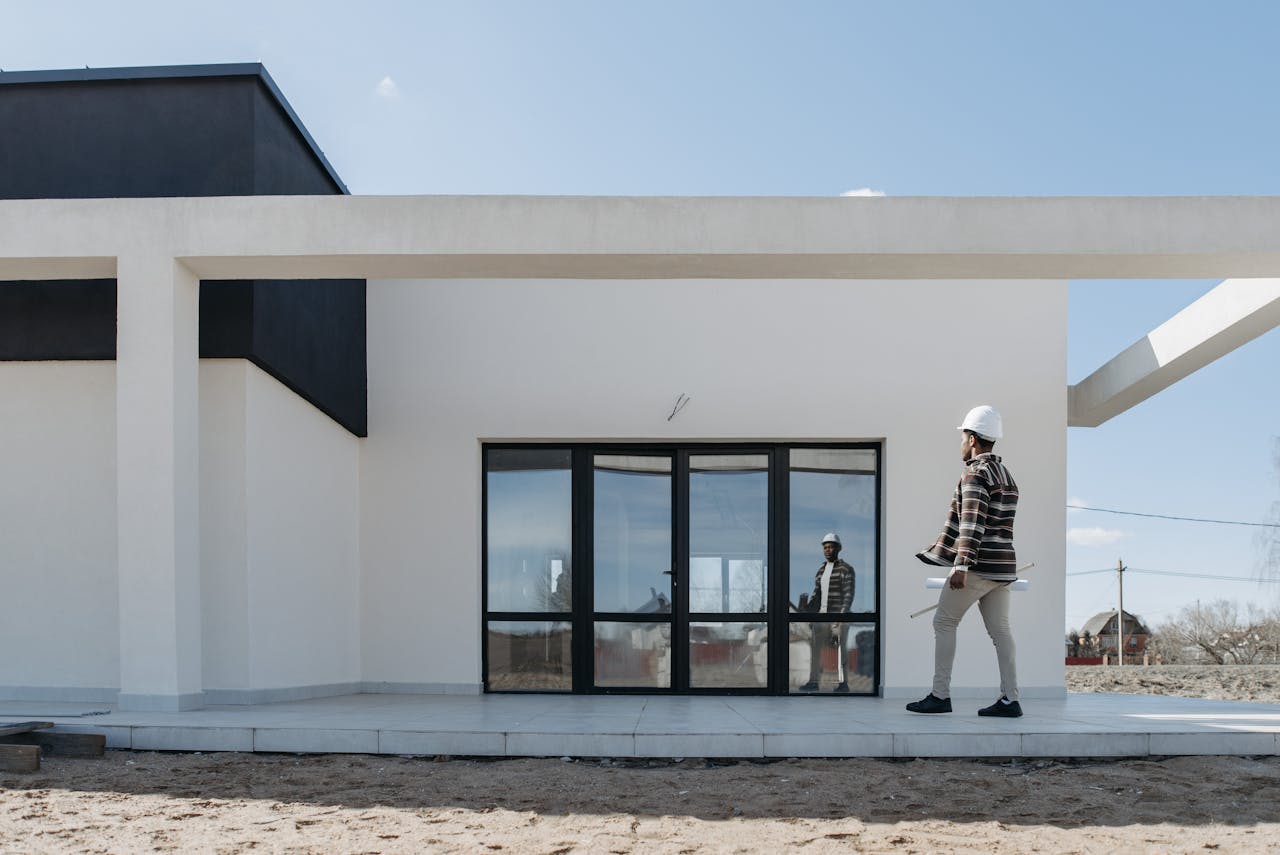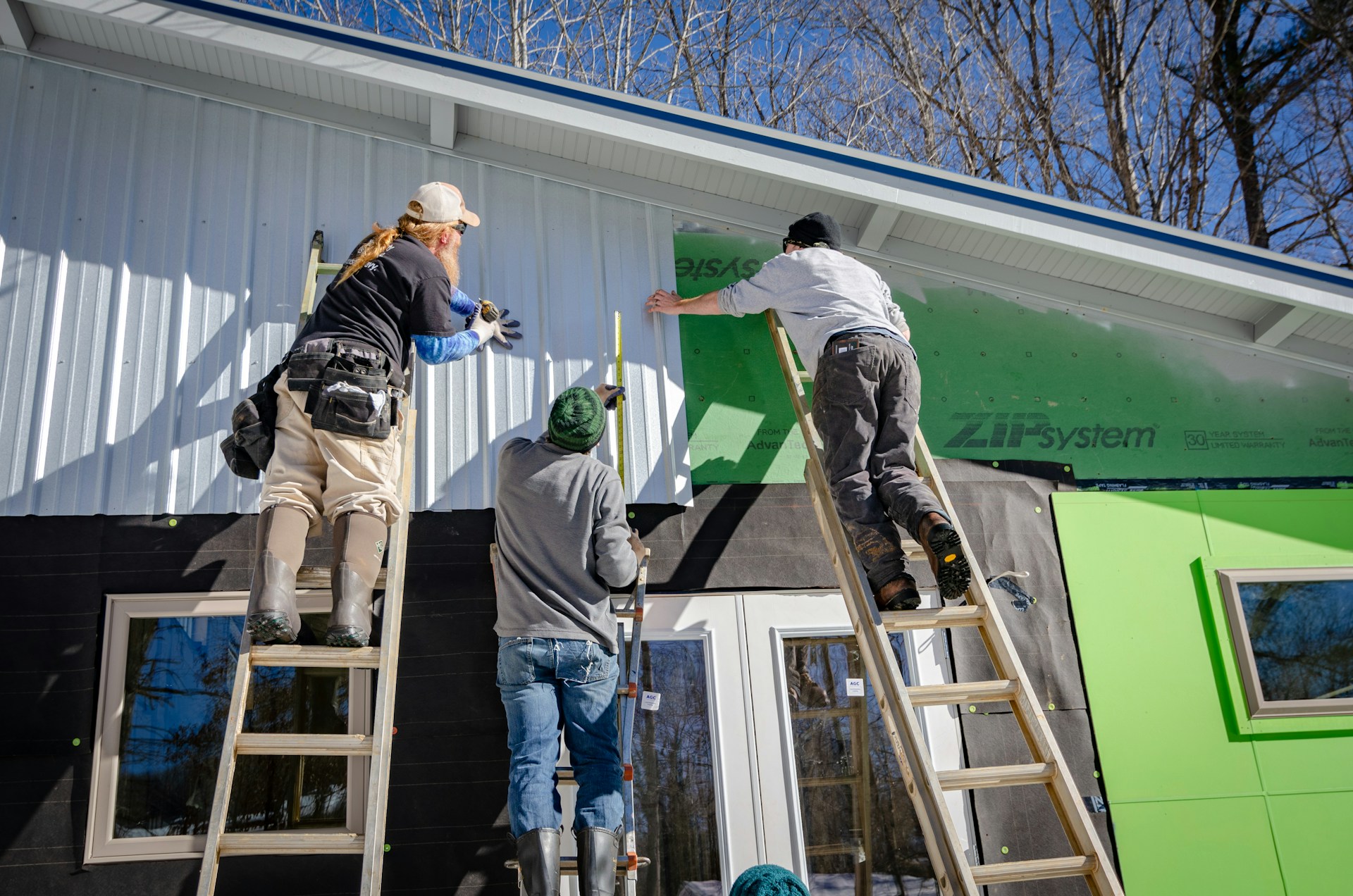Common Mistakes Homeowners Make and How to Avoid Them
Owning a home comes with significant responsibilities, and while it's rewarding, homeowners often make mistakes that can lead to costly repairs or long-term damage. Whether neglecting maintenance tasks or making uninformed decisions, these common missteps can be avoided with proper planning and attention to detail. By understanding the frequent mistakes homeowners make, you can protect your investment, ensuring your home stays in top condition. Here are common mistakes homeowners make and how you can avoid them.

Skipping Regular Roof Inspections and Ignoring Small Maintenance Tasks
One of the most common mistakes homeowners make is neglecting to inspect their roofs regularly. Roofs are often out of sight and out of mind until a severe problem, such as leaks or structural damage, occurs. When you notice a leak, the damage may already be extensive and expensive. It's essential to have regular roof inspections conducted by professional roofing contractors to prevent this. A qualified contractor can spot early signs of damage and address them before they become more significant. Annual or bi-annual roof inspections can save you from costly repairs, extending the lifespan of your roof.
Small maintenance tasks often get overlooked, but ignoring them can lead to more significant problems. Simple tasks such as cleaning gutters, changing HVAC filters, or sealing cracks in your foundation are crucial for maintaining your home's integrity. When left unattended, these minor issues can result in water damage, mold growth, or even pest infestations. Creating and sticking to a home maintenance checklist is the best way to avoid these pitfalls. Set reminders for tasks that need to be done seasonally or annually, ensuring that nothing falls through the cracks. Addressing minor issues now can prevent major repairs and expenses in the future.
Choosing Cheap Materials for Renovations
Many homeowners make the mistake of cutting costs in terms of home renovations by choosing the cheapest materials available. While this might save money upfront, it often results in higher long-term costs due to frequent repairs or replacements. Low-quality materials tend to wear out faster, leading to more maintenance and reduced durability. Instead of focusing just on the price, consider the quality and longevity of your chosen materials. It's worth investing in high-quality products for areas of your home that experience heavy use, such as flooring, countertops, or siding. Spending a little more initially often saves you from having to redo the work in a few years.
Not Budgeting for Unexpected Repairs
Many homeowners must pay more attention to the cost of maintaining their homes and budget for unexpected repairs. Whether it's a broken appliance, plumbing leak, or electrical issue, these repairs can arise suddenly and require immediate attention. Without a financial cushion, homeowners may struggle to cover these costs. Setting aside some of your income for home maintenance and repairs is essential to avoid being caught off guard. A good rule of thumb is to budget 1% to 3% of your home's value yearly for unexpected repairs. This fund will give you peace of mind when emergencies arise.
Overlooking Energy Efficiency Upgrades
Another common mistake is neglecting energy efficiency upgrades, leading to higher utility bills and a less comfortable environment. Many homeowners miss opportunities to make their homes more energy-efficient, such as upgrading insulation, installing energy-efficient windows, or switching to LED lighting. These upgrades reduce energy consumption, lower monthly bills, and increase your home's resale value. Look for areas where energy is wasted in your home and consider investing in improvements that will pay off in the long run.
DIYing Complex Repairs
While DIY projects can be rewarding for specific tasks, homeowners often make the mistake of attempting overly complex or dangerous repairs. Electrical work, plumbing, and structural maintenance require professional expertise, and trying these jobs without the proper skills can result in severe damage or injury. If you're unsure how to handle a repair, it's always best to call a professional. Licensed contractors are trained and experienced to handle these tasks safely and efficiently. While saving money by doing it yourself may be tempting, hiring a pro can save you from costly mistakes and potential hazards.
Neglecting Curb Appeal
Many homeowners focus on the interior of their home while neglecting the exterior, but curb appeal plays a significant role in maintaining your home's value. A well-maintained exterior makes a positive first impression on visitors and potential buyers, while a neglected one can reduce the appeal of your property. Simple upgrades such as landscaping, painting the front door, or power washing the exterior can significantly enhance your home's curb appeal. Regularly maintaining your lawn, cleaning pathways, and trimming hedges will keep your home looking inviting and increase its overall value.

Avoiding these common homeowner mistakes will help you protect your investment and maintain the long-term health of your home. From scheduling regular roof inspections to budgeting for unexpected repairs, a little proactive maintenance ensures your home remains a safe and comfortable place to live.